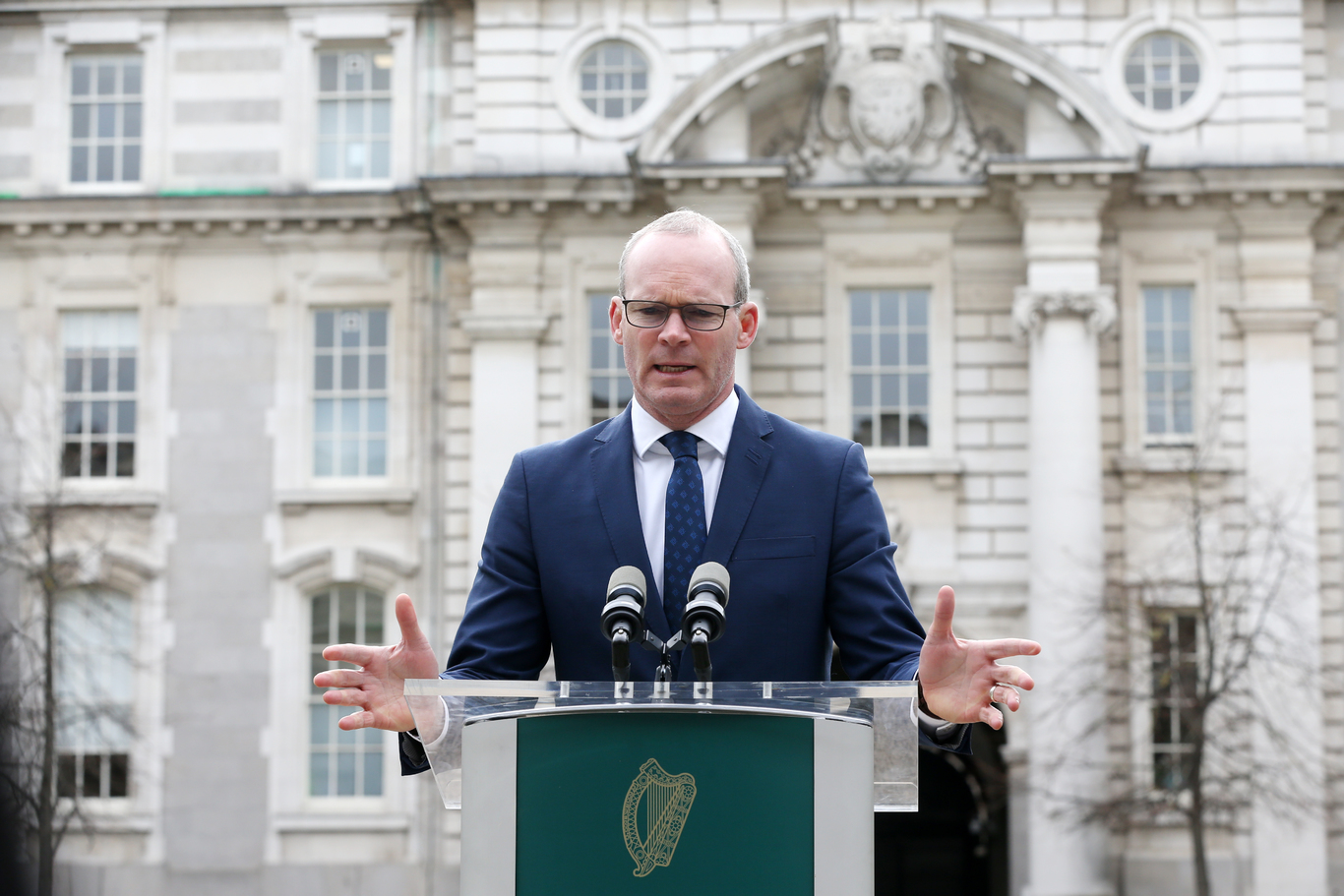Your crash course in... Ireland's exercise in damage limitation as it prepares for a no-deal Brexit
Amid political uncertainty in London, the State is bracing itself for the worst-case scenario.
THE BREXIT BREATHER is over.
Amid uncertainty in London, this evening the government published its latest contingency plan, providing a blunt assessment of how Ireland could be hit as the country faces the ugly prospect of a no-deal Brexit.
Speaking earlier today, Tánaiste Simon Coveney didn’t try to sugarcoat the message as he warned businesses that they need to be prepared.
Ireland and its business community is bracing itself for the “profound” consequences of a no-deal Brexit, as the State tries to limit the damage.
Up to 55,000 jobs could be lost and the State’s finances could suffer a loss of up to €6.5 billion loss in the first year if the UK leaves without a deal, according to the document.
What will be the impact on trade?
The document states that arrangements have either already, or will, be put in place at the likes of Dublin Port, Rosslare Europort and Dublin Airport to provide for a disorderly Brexit and provision of infrastructure for any necessary checks.
While the contingency plan states that every effort is being made to prepare and put in place mitigation measures, it adds that there is little doubt that, at least initially, tariffs and checks and controls on UK imports will be disruptive to trade across the Irish Sea.
Ireland is working with the European Commission as it looks to deliver the twin objectives of avoiding a hard border and maintaining the integrity of the single market and customs union.
Irish exporters could also face issues in the immediate aftermath of a no-deal scenario as it is anticipated that the UK ‘landbridge’ could be hit by severe delays.
What sectors could be hit hardest?
The risk for Ireland is that – amid increased costs, tariffs and currency fluctuations – some businesses will face closure.
Exporting sectors – such as agri-food, indigenous manufacturing and tourism – will be hit hard while importing sectors, especially those dealing with just-in-time supply chains, such as parts of the retail sector, will also feel the impact.
The impact of UK import and export exposure for firms could also be compounded by currency volatility.
What happens next?
As the clock ticks down towards the Brexit deadline at the end of October, Ireland has to make a call on which of the two scenarios, as outlined in the government’s Summer Economic Statement, it will base this year’s budget.
The government intends to continue to work with the Department of Finance and the Central Bank of Ireland to review its contingency planning and focus on any new risks that may emerge as the Brexit deadline looms.
It will also roll out a communications campaign that will focus on encouraging and facilitating businesses to take action on getting Brexit ready.
The contingency plan also outlined other measures the government has taken to prepare for a no deal scenario – such as postponing the payment for VAT on goods entering the country at point of entry and instead having businesses submit a bi-monthly VAT tax return.
Get our Daily Briefing with the morning’s most important headlines for innovative Irish businesses.






